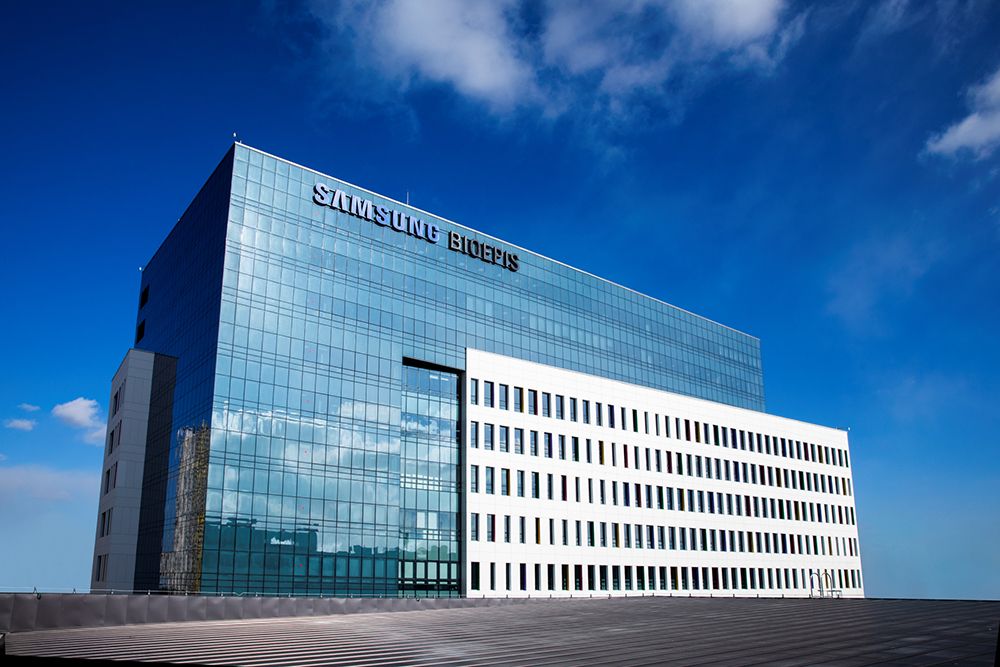- Bone Health
- Immunology
- Hematology
- Respiratory
- Dermatology
- Diabetes
- Gastroenterology
- Neurology
- Oncology
- Ophthalmology
- Rare Disease
- Rheumatology
Samsung Bioepis Initiates Phase 3 Ustekinumab Trial
Samsung Bioepis launches a potential pivotal trial for its SB17 ustekinumab biosimilar candidate.
Just days after Bio-Thera announced initiation of a phase 3 study of patients receiving a candidate ustekinumab biosimilar, Samsung Bioepis said that it, too, has begun a phase 3 clinical trial for its own biosimilar version of this agent.
The reference ustekinumab product is Stelara, which commands a $5 billion market among patients with autoimmune diseases. Samsung’s trial will evaluate SB17 in patients with moderate-to-severe plaque psoriasis in a randomized, double-blind, multicenter analysis.
In the United States, Stelara is indicated for the treatment of moderate-to-severe plaque psoriasis, active psoriatic arthritis, moderate-to-severe Crohn disease, and moderate-to-severe ulcerative colitis. The drug was first approved in 2009 and potentially could see the end of US patent protection in 2023.
If SB17 is approved for plaque psoriasis, physicians in the United States could extrapolate its use for other indications of the reference product.
Samsung Bioepis said it aims to enroll 464 patients in the phase 3 trial and randomize them 1:1 to either SB17 or the reference product via subcutaneous injection. At week 28, all patients on Stelara will be randomized to continue on Stelara or transition to SB17. A final assessment will be performed at week 52. The study’s estimated primary completion date is June 2022.
For more about Bio-Thera’s ustekinumab biosimilar development program, click here.
Newsletter
Where clinical, regulatory, and economic perspectives converge—sign up for Center for Biosimilars® emails to get expert insights on emerging treatment paradigms, biosimilar policy, and real-world outcomes that shape patient care.

